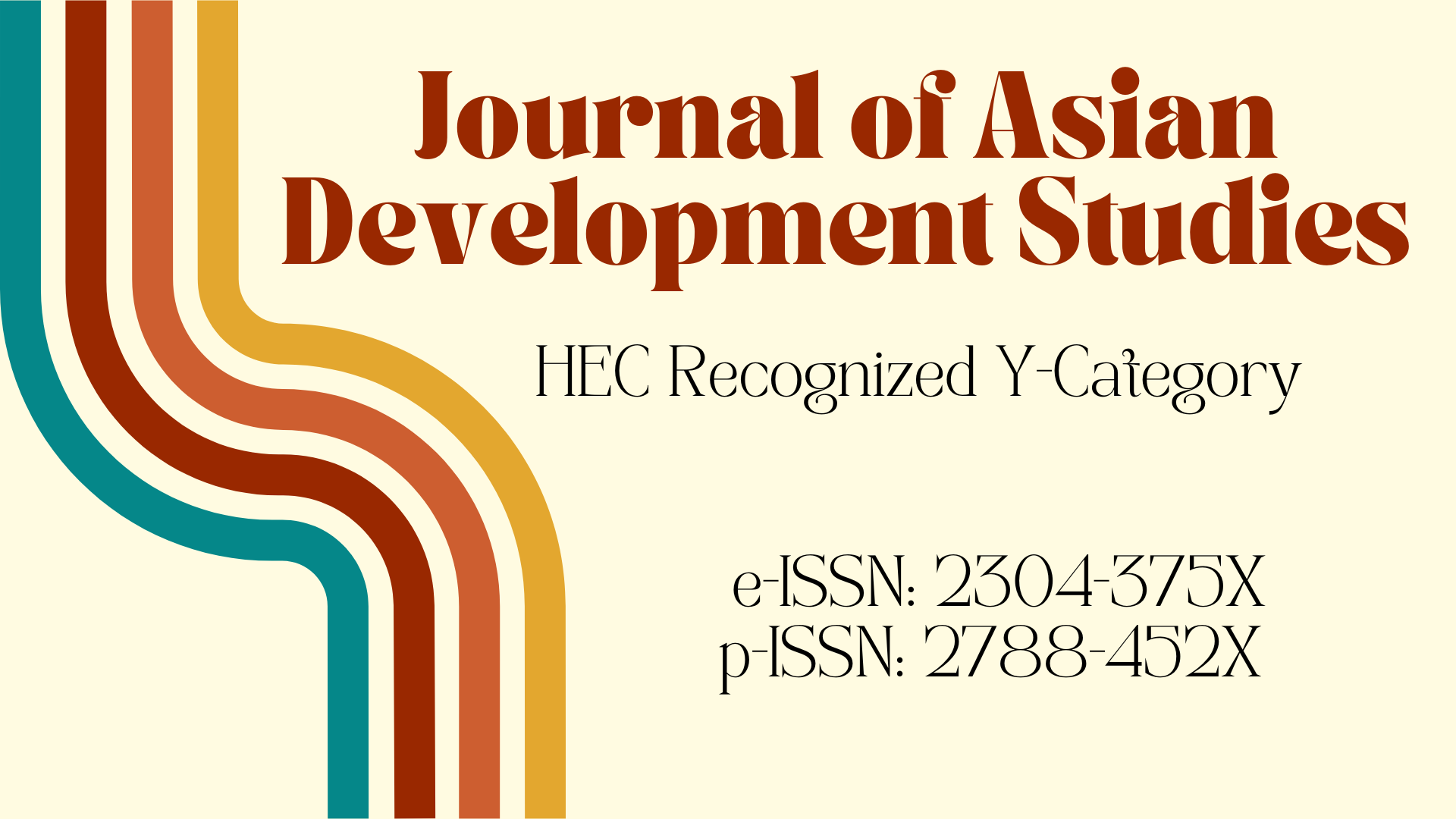Technological Innovations in Criminal Justice: The Role of Cybersecurity in Crime Detection, Investigation and Prevention
DOI:
https://doi.org/10.62345/Keywords:
Cybersecurity in Criminal Justice, Digital Forensics, AI in Crime Detection, Cybercrime Prevention, Blockchain in Law EnforcementAbstract
This paper focuses on the effects of cybersecurity in present-day criminal justice, especially in crime apprehension, investigation, and prevention. Another discovery suggests that the application of artificial intelligence helps prevent different types of cybercrimes like financial fraud, identity theft, and ransomware using AI-powered tools, blockchain technology, and digital forensics. Policing is made efficient in that threats are predicted and prevented before they occur, and this is made possible by the efficiency of artificial intelligence. At the same time, blockchain is effective in ensuring all evidential aspects meet their required standard in a chain. The study shows that quantum encryption and cyber intelligence both have the potential to build further layers of security in the digital system. Nonetheless, factors such as algorithm bias, privacy issues, and cross-jurisdictional concerns remain a bottleneck toward the operationalization of the policy. Transnational cyber-attacks are challenging to address since the laws differ across countries, so cooperation across borders is required. The study also calls for advanced protection methods, cooperation between the private and the public sectors, and a worldwide set of rules to control these problems. Sets of ethics for artificial intelligence are crucial to eliminate the use of prejudices and respect human rights. Further developments in cybersecurity are critical for the protection of the justice systems against cyber threats in the future, as well as for maintaining fair justice for citizens living in the digital society.
Downloads
Downloads
Published
Issue
Section
License

This work is licensed under a Creative Commons Attribution 4.0 International License.
License Terms
All articles published by Centre for Research on Poverty and Attitude are made immediately available worldwide under an open access license. This means:
- everyone has free and unlimited access to the full-text of all articles published in Centre for Research on Poverty and Attitude's journals;
- everyone is free to re-use the published material if proper accreditation/citation of the original publication is given.




